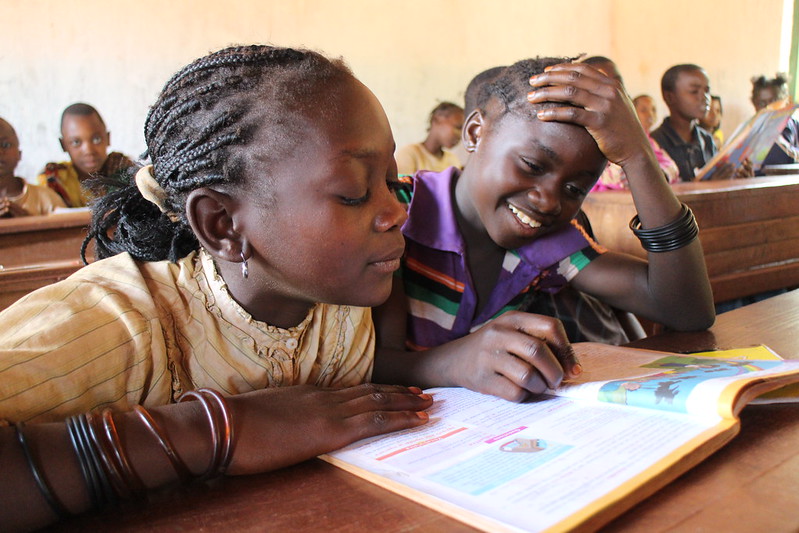Social and behavioural change was noted across the board as being fundamental to achieve sustainable impact on reducing and ending violence in and around schools.
Tactics to challenge social norms
Solutions must be home-grown and context-specific to build ownership at a community and country level. Ensuring that practitioners, experts and those with lived experience are engaged in global dialogues is vital.
Smart and strategic social media campaigns, and partnership campaigns with youth and survivor movements could be better deployed to raise awareness on the issue of violence, the impact it is having on children, and the impact on education systems.
National dialogues that create opportunity to collectively explore attitudes and alternatives to violence play a critical role in influencing the national mood and collective will to address VIS.
There was recognition of the need to continue and increase the support and investments in CSOs and local coalitions that can mobilise communities and put pressure on governments.
There could be greater learning from colleagues working on HIV and SRHR, particularly on engaging traditional and faith leaders.
“What is taking place in schools is normally a reflection of what is taking place within the broader environment”
There was also discussion around the benefits of the power of stories and survivors and working with organisations and movements like Brave, to ensure survivors are informing change and have a strong voice on the social norms that enabled their abuse to take place.
